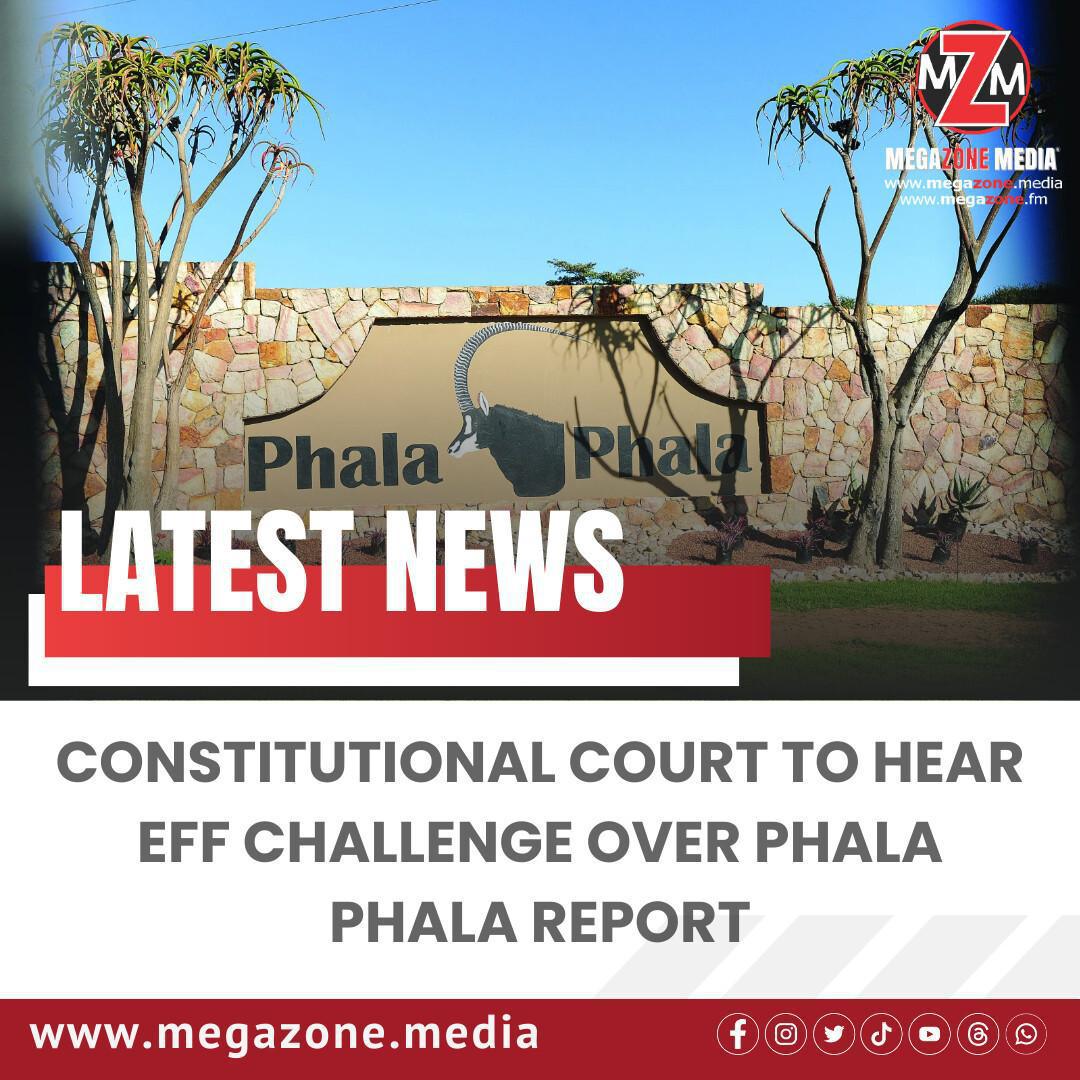The Constitutional Court is set to hear an application by the Economic Freedom Fighters (EFF) challenging the Speaker of the National Assembly's handling of the Section 89 panel report on the Phala Phala matter.
The report, compiled in 2022 by an independent panel chaired by retired Chief Justice Sandile Ngcobo, investigated allegations against President Cyril Ramaphosa after foreign currency was stolen from his Phala Phala farm in Limpopo. The panel concluded that there was a prima facie case warranting further investigation, but the National Assembly rejected a motion to refer the report to an impeachment committee.
EFF leader Julius Malema has vowed to keep the issue alive, stating, “Phala Phala will never die. Even if it dies in the Constitutional Court, it shall be revived in Parliament.”
In its court papers, the EFF argues that the National Assembly acted irrationally by dismissing the report without fully considering its findings. The party alleges that the African National Congress (ANC) used its parliamentary majority to block a thorough investigation, effectively shielding the President from accountability and undermining the legislature’s constitutional mandate.
The EFF is also staging a picket outside the Constitutional Court today, beginning with a march from Mary Fitzgerald Square in Johannesburg at 8 a.m. Malema clarified that the march is exclusive to certain groups, barring organizations like the uMkhonto weSizwe Party (MKP) from joining.
“We are marching to the Constitutional Court with everyone except MKP. If they want to march, they must organize their own. But ATM and even ANC can’t join us. It’s our march, and any other person opposed to Phala Phala can join,” Malema stated.
The Phala Phala case has sparked widespread debate about political accountability and the balance of power in South Africa’s parliamentary system. The Constitutional Court’s decision could have significant implications for how allegations of misconduct involving the country’s top officials are addressed.


